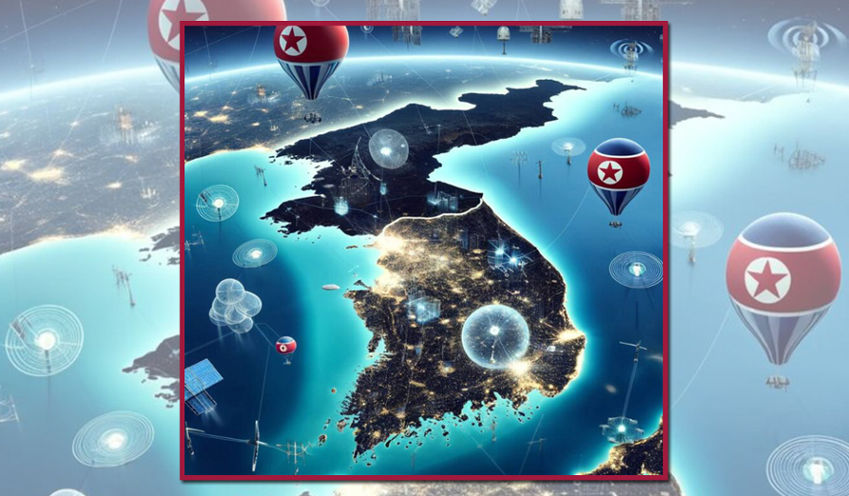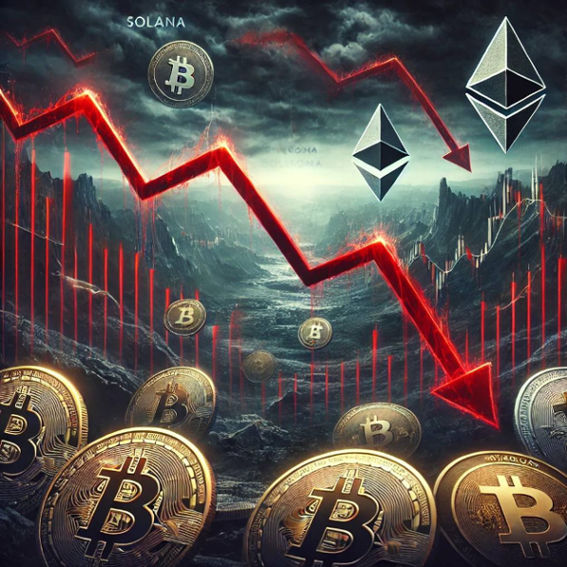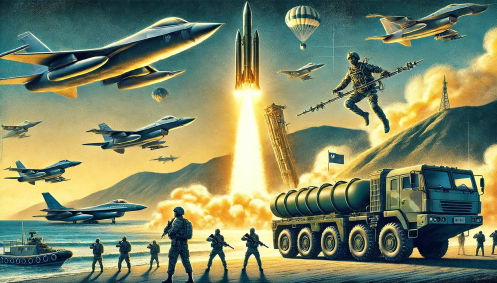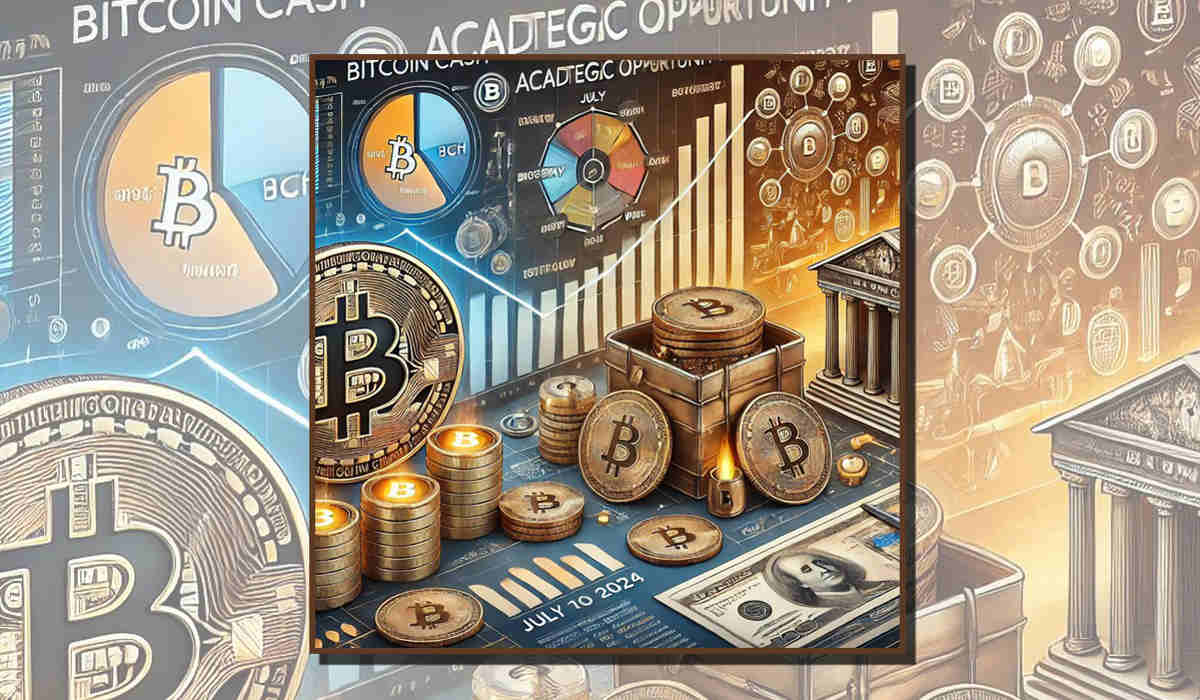
The recent exchange of unconventional provocations between the two nations has only served to exacerbate the already strained inter-Korean relations. North Korea has resorted to sending balloons carrying trash and excrement into South Korea, labeling them as “gifts of sincerity.” These actions are seen as a form of retaliation against South Korean activists who have been sending K-pop USB drives and anti-Pyongyang propaganda leaflets into North Korea via balloons. Moreover, reports have emerged of North Korea attempting to jam GPS signals in South Korea, further underscoring the growing hostility between the two nations.
Considering these provocations, South Korea is contemplating the resumption of front-line loudspeaker broadcasts into North Korea. These broadcasts, which include criticism of the North’s human rights situation, world news, and K-pop songs, are particularly sensitive to North Korea due to the nation’s strict control over its citizens’ access to foreign media. The potential resumption of these broadcasts threatens to further escalate tensions and deepen the divide between the two Koreas.
Despite the concerning nature of these developments, a comprehensive analysis of the geopolitical landscape, domestic political considerations, and the influence of international actors suggests that the current situation is unlikely to devolve into a fullscale military conflict. Both North and South Korea have demonstrated a measure of restraint in their actions and have emphasized their defensive postures, indicating a shared understanding of the potentially catastrophic consequences of unchecked escalation.
The international community, particularly the United States and China, has a vested interest in maintaining stability on the Korean Peninsula. These global powers are expected to exert significant diplomatic pressure on both North and South Korea to prevent the situation from spiraling out of control. The potential economic and geopolitical ramifications of a full-scale conflict in the region are too severe for these influential actors to ignore, and their eXorts to promote dialogue and de-escalation may serve as a moderating force in the current crisis.
It is important to note that the suspension of the CMA does not necessarily represent a complete unraveling of the progress made in inter-Korean relations since the signing of the peace treaty in 2018. The trust-building measures and channels for communication established under the agreement, while currently strained, can still serve as a foundation for future dialogue and reconciliation. The fact that neither side has completely abandoned the agreement suggests a willingness to eventually return to the negotiating table and work towards a peaceful resolution.
The unconventional warfare tactics employed by both North and South Korea, while provocative and disruptive, are more likely to be a form of posturing and psychological warfare than a prelude to full-scale military action. These tactics, although detrimental to the overall stability of the region, do not pose a direct threat to the territorial integrity or sovereignty of either nation. As such, they are unlikely to trigger a significant escalation of the conflict, as both sides are aware of the potential consequences of such actions.
The domestic political landscapes of both North and South Korea may also play a crucial role in moderating the current situation. The leaders of both nations are acutely aware of the potential political and economic costs associated with a military escalation, which could erode their domestic support and legitimacy. This awareness may compel them to pursue a path of de-escalation and dialogue, rather than risk embroiling their nations in a costly and unpopular war. The public sentiment in both countries, which is likely to favor peace and stability over conflict, may also serve as a restraining influence on the actions of their respective governments.
Furthermore, the economic interdependence between North and South Korea, as well as their ties to the global economy, may act as a deterrent to full-scale military conflict. Both nations stand to suffer significant economic losses in the event of a prolonged armed confrontation, which could have far-reaching consequences for their populations and future development. This economic reality may encourage both sides to seek alternative means of resolving their differences, such as through diplomatic channels or international mediation.
The role of international organizations, such as the United Nations and the International Atomic Energy Agency (IAEA), cannot be overlooked in this context. These organizations have a mandate to promote peace and security on the global stage and may play a crucial role in facilitating dialogue and negotiations between North and South Korea. Their involvement, coupled with the diplomatic efforts of regional powers and the international community as a whole, could help to defuse tensions and steer the two nations towards a peaceful resolution.
While the recent exchange of unconventional provocations between North and South Korea has strained inter-Korean relations and heightened tensions on the peninsula, a fullscale military conflict remains unlikely. The restraint demonstrated by both sides, the influence of international actors, the domestic political considerations of the two Koreas, and the potential economic fallout of a prolonged armed confrontation all suggest that a path of de-escalation and eventual return to dialogue is more probable than a significant escalation of the conflict. However, the situation remains delicate, and continued efforts by all stakeholders to promote peace, stability, and reconciliation will be essential in navigating this challenging period in inter-Korean relations.


